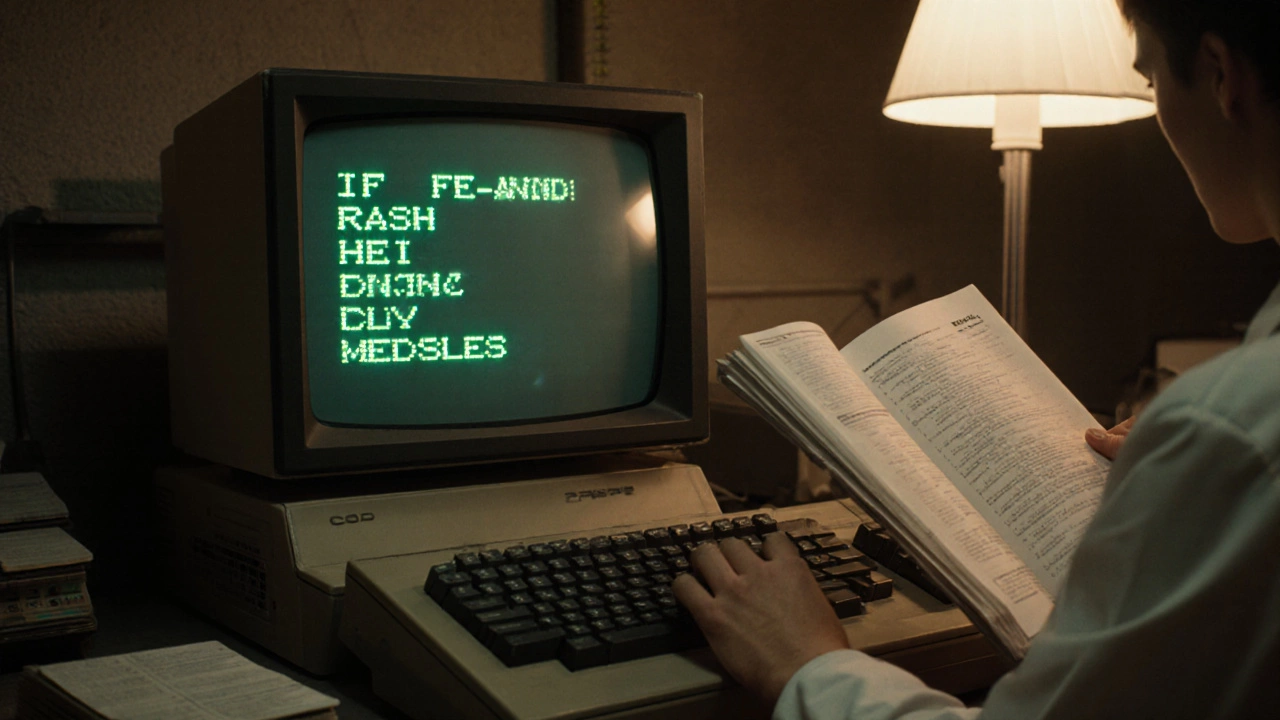Expert Systems: How AI Makes Decisions Like a Human
When you need a doctor to diagnose a rare disease, a lawyer to spot a legal loophole, or an engineer to fix a broken power grid—you’re relying on expert systems, computer programs designed to solve complex problems by mimicking the decision-making of a human expert. Also known as knowledge-based systems, they don’t learn from data like modern AI. Instead, they follow rules built by real experts—doctors, chemists, engineers—who spell out exactly how to think through a problem step by step.
These systems are behind the scenes in hospitals diagnosing illnesses, banks spotting fraud, and factories preventing equipment failures. In India, they’re helping rural clinics triage patients without a specialist on-site, guiding farmers on crop diseases using simple phone inputs, and even assisting in legal aid centers to flag common issues in paperwork. What makes them powerful isn’t speed—it’s consistency. They don’t get tired, forget a step, or miss a detail because they’ve been trained on decades of real-world experience, encoded into if-then rules. You don’t need a PhD to use one—you just need a question.
They’re not magic. They rely on three core parts: a knowledge base, a library of facts and rules gathered from human experts, a inference engine, the logic processor that applies those rules to new situations, and a user interface that turns complex answers into plain language. If a patient has fever, rash, and joint pain, the system checks its rules: ‘If symptom A and B and C, then possible diagnosis D.’ It doesn’t guess. It reasons. And when it doesn’t know, it asks for more info—just like a good doctor would.
What’s surprising is how many places these systems still thrive, even as deep learning takes over headlines. They’re the quiet workhorses in industries where mistakes cost lives or millions. In healthcare, they help reduce misdiagnosis. In manufacturing, they cut downtime. In education, they tutor students by spotting where they’re stuck. And unlike AI that needs thousands of examples, expert systems can work with just a few hundred well-crafted rules—making them faster to build and easier to trust.
Below, you’ll find real stories from India where expert systems are quietly changing how science and tech work. From how researchers use them to automate diagnostics to how startups are adapting them for local problems you’ve never heard of—but should know about. These aren’t sci-fi tools. They’re practical, proven, and already saving time, money, and lives across the country.





